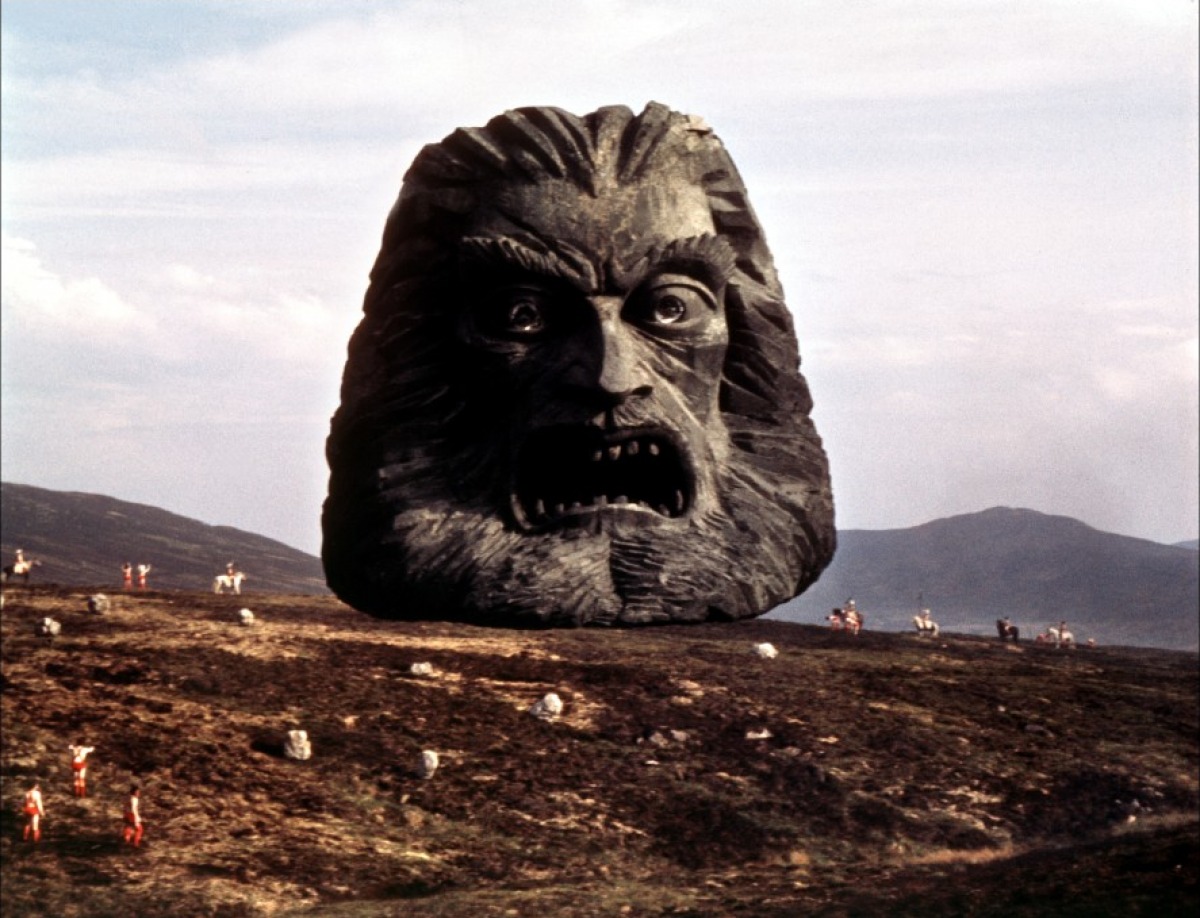Oz: The Great and Powerful (2013)
Walt Disney Pictures
Director: Sam Raimi
Main Cast: James Franco, Mila Kunis, Rachel Weisz, Michelle Williams, Zach Braff
L. Frank Baum’s Wizard of Oz series is often credited as being one of the most important fictional universes to emerge from America, or at least the first important one to break from European traditions of “fairy tales”. There were many, many books written about Oz, various theatrical productions, and many movies too. The success of the original printing of the book had as much to do with the format as the actual content. It was a full color book with text set in a stylized arrangement that interspersed it with illustrations by W.W. Denslow. Children’s books were not customarily printed so lavishly at the time, but the success of the first Oz book The Wonderful Wizard of Oz (1900) turned it into more or less an industry standard. Critics debated whether Baum’s or Denslow’s contributions were the basis for the book’s success–though most tend to unfairly overlook the publisher George M. Hill Company’s role in arranging the lavish printing. The credit given to Denslow caused a rift with Baum and the two ceased working together. Denslow even published separate illustrations related to Oz without Baum’s involvement. Following the smash success of the first book, Baum teamed up with a theater group and developed a Broadway show that deviated from his writings and played up the latest in theatrical special effects. He tried later theatrical shows, but without the input of the Broadway team those fizzed. The earliest movies were silent, and Baum himself made some. He even developed a touring multi-media show that incorporated some silent films. Then the 1939 film version starring Judy Garland, though not considered a commercial success at the time, went on to become one of the most iconic and beloved American movies of all time. Other movies and shows followed, from The Wiz to Return to Oz. Spinoffs and related books continued to be made. Baum tried to pursue other work, but the financial rewards of the Oz series always proved too attractive, and he continued to write Oz books even after clear statements that the series was finished.
If you notice a trend in the history of the Oz works it’s that they have been manipulated, contorted and exploited in every possible way, by Baum and others. There is nothing sacred about the Oz universe. But an interesting detail is that the biggest successes have be borne out of collaboration, first between Baum, Denslow and the George M. Hill Company, but later with the Broadway show, then with the Victor Fleming, Judy Garland movie with songs by Yip Harburg and Harold Arlen. So there’s a feeling that the entire enterprise is one that sort of invites reinterpretation and tinkering.
Oz: The Great and Powerful is a big-budget “prequel” by Sam Raimi for the Disney company, which recently gave Lewis Carroll’s Alice’s Adventures in Wonderland similar digital-effects-laden treatment. While the Alice movie was a disaster, Oz: The Great and Powerful is actually quite good.
My interpretation of the film Continue reading “Oz: The Great and Powerful”

